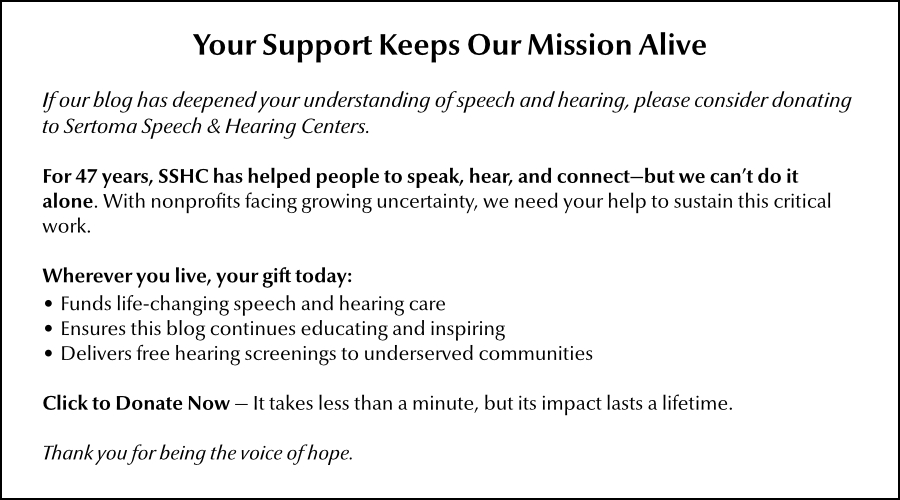A new study presents a way to improve the quality of life of people with dementia by addressing hearing and vision loss, two modifiable risk factors. Hearing and vision loss make cognition and communication more difficult. While drug interventions remain a focus of dementia research, non-pharmacological approaches are gaining traction.
The SENSE-Cog trial is the first randomized controlled trial to study the effects of at-home sensory rehabilitation for vision and hearing loss in people with dementia.
"These results are promising and suggest that small, cost-effective interventions such as hearing aids and glasses may impact quality of life in people with dementia. Studies like this argue strongly for ongoing support of non-drug interventions in dementia as important areas for further research." —Professor Iracema Leroi, the study’s principal investigator, Global Brain Health Institute and School of Medicine, Trinity College Dublin
Why it matters
The trial's results suggest that treating hearing and vision loss could improve the quality of life of people with dementia.
- 60% of people with dementia have hearing loss; 30% have impaired vision.
- Most current models of dementia care do not include sensory rehabilitation.

A closer look
- The SENSE-Cog study focused on improving vision and hearing through exercises and devices in five European countries.
- The results were modest. Researchers measured improved quality of life at 18 weeks, but these gains disappeared by 36 weeks.
- Notable: The COVID-19 pandemic created unique challenges for implementing a home-based program; nonetheless, researchers completed the trial.
"Hearing and vision difficulties represent a significant unmet need in people with dementia. This was the first large-scale study to explore whether a hearing and vision intervention could improve the quality of life for people with dementia, demonstrating that such an intervention could be developed and delivered even during the COVID-19 pandemic. The early indications of improved quality of life underscore the need for further research in this important area." —Professor Brian Lawlor, Conolly Norman Professor of Old Age Psychiatry and Site Director of the Global Brain Health Institute, Trinity College Dublin
The takeaway
The trial provides valuable insights and experience into sensory rehabilitation.
- The self-reported benefits and low-risk warrant further research and development.
- The researchers suggest that future studies include measures of quality of life.


